Gruber-Roschitz
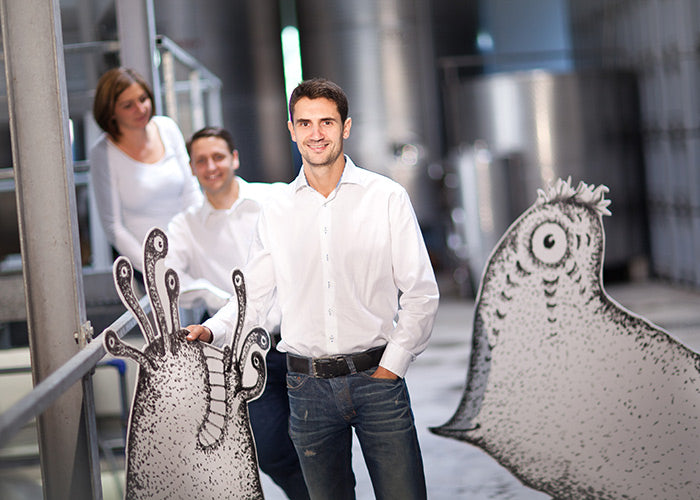
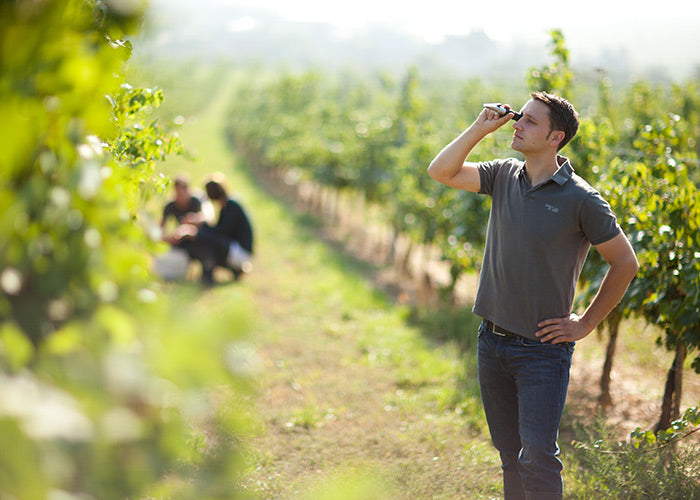
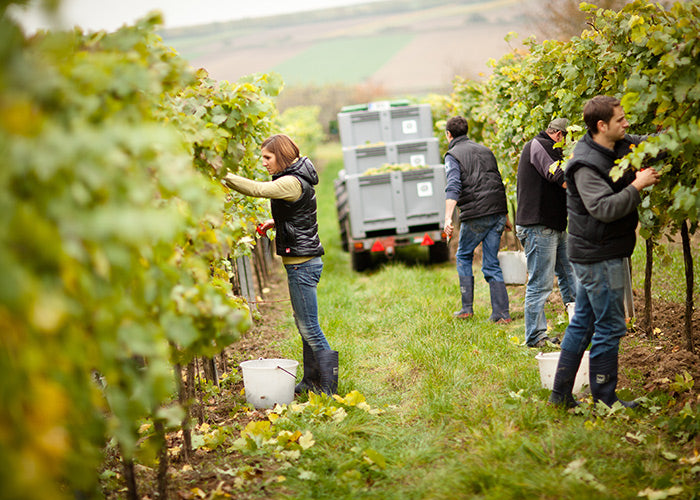
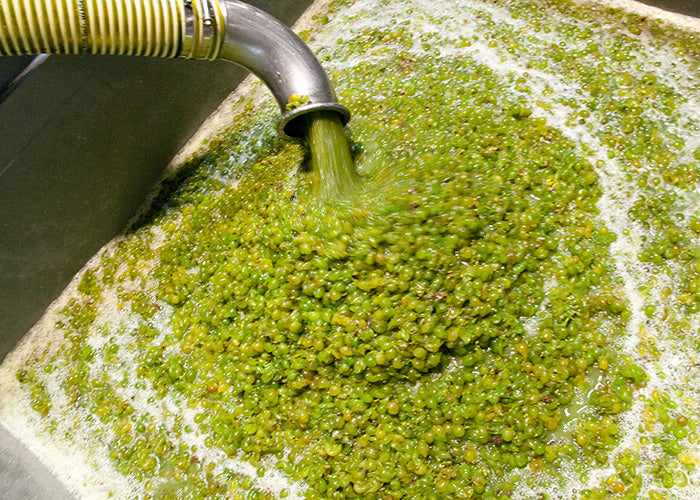
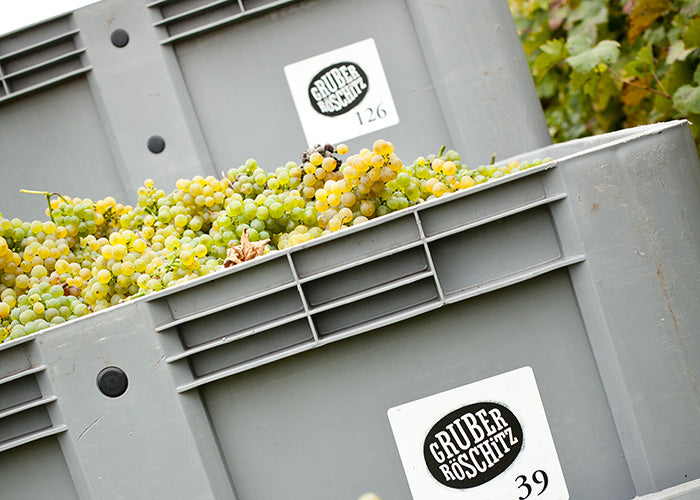
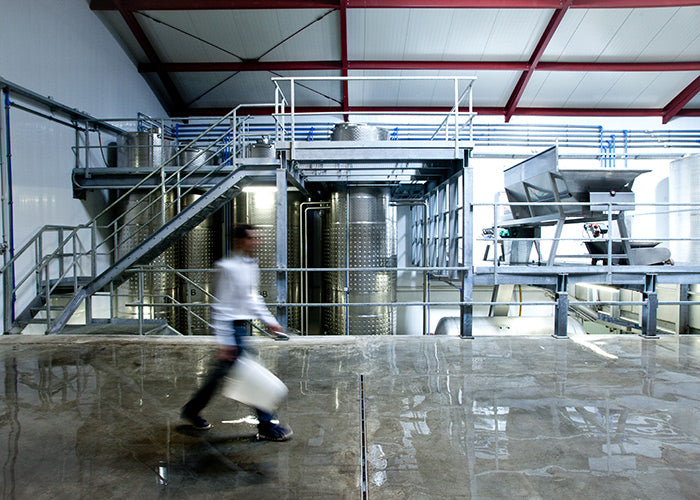
The Gruber family has been growing wine in Roschitz for more than 200 years for private consumption, but with grandfather Ewald Gruber Sr., a vision was born from a model winery that would base its pride on meticulous work in the vineyard. Working those wines himself became his mantra, one that carried forward to the current generation of Grubers, with Maria, Ewald, and Christian looking after vines and winery.
“We only use organic methods in all our vineyards and always work in harmony with nature. By doing so, we would like to raise awareness through our natural and sustainable cultivation methods: awareness of nature, awareness of the environment, and sustainable cultivation for future generations,” the siblings say.At a total size of 80 hectares with more than 150 different vineyard sites, working biological poses a set of intense logistical challenges that are met by the younger brother Christian, and he shows that even at this size being certified organic is manageable.
The most important characteristics of organic agriculture include the prohibitive use of easily soluble mineral fertilizers and herbicides; conscious cultivation of the vineyard, to naturally promote the health and fertility of the soil, and a respect for its natural cycle.
The organic-biological viticulture is also known as organic viticulture bio-wine. It differs from integrated production in that chemical/synthetic nitrogen-based fertilizers, freely soluble phosphorus fertilizes and chemical/synthetic pesticides may not be used, and no chemical herbicides may be employed in soil management.The cellar is the domain of brother Ewald: "In the past, the opinion was wide-spread that wine is made in the cellar. Therefore, I often say that my cellar is the hatchery of our wines. I am excited about their development, but I hardly ever intervene in the process. What I need are healthy grapes, time and necessary instinct. I endeavor to produce wine with care but without any frills – as natural as possible. But I like to experiment and my urge to do so grows stronger and stronger. This makes it possible to create very interesting wines that need time", Ewald explains.




